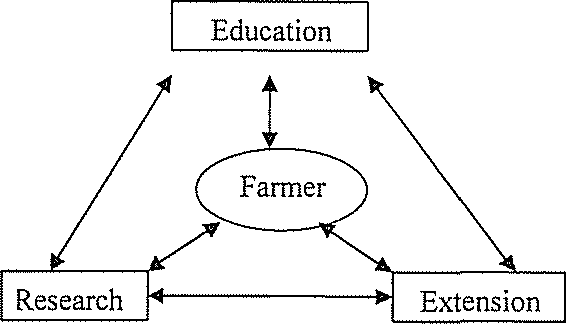A career in Extension & Livelihood Studies offers a fulfilling journey of personal and professional growth. Graduates become catalysts for positive change, working towards building resilient and sustainable communities. A Master of Science (MSc) program in Extension & Livelihood Studies at the prestigious University of Ghana, Legon, is a journey toward academic excellence and professional growth. In this article, we delve into the admission requirements for the 2024/2025 academic year, providing prospective students with a comprehensive guide.
MSc Extension & Livelihood Studies in Legon Admission Requirements 2024/2025
To be eligible for the MSc Extension & Livelihood Studies program, applicants must possess a first or second-class degree (or its equivalent) from a recognized university. This emphasizes the university’s commitment to maintaining high academic standards and ensuring a foundation of excellence for its students.
BUY University of Ghana Admission Forms ONLINE
Also Read: MPhil Applied Parasitology 2024/2025 Admission Requirements in Legon
Work Experience
In addition to academic qualifications, the University of Ghana requires applicants to have obtained a minimum of two to three years of working experience. This criterion underscores the practical orientation of the program, emphasizing the importance of real-world exposure in Extension & Livelihood Studies.
Application Process
Prospective students are encouraged to apply through the university’s official admission process. The application period and specific requirements are typically outlined by the School of Graduate Studies. Aspiring candidates should stay informed about the official announcements and deadlines.
Career Paths in Extension & Livelihood Studies
Community Development Specialist
Graduates can contribute to community development by working as specialists who facilitate projects aimed at enhancing the socio-economic conditions of communities. This role involves collaborating with local leaders, NGOs, and government agencies to implement sustainable initiatives.

Livelihood Strategist
Individuals with an MSc in Extension & Livelihood Studies are well-equipped to devise strategies that promote sustainable livelihoods. This may involve creating income-generating activities, improving agricultural practices, and fostering entrepreneurship within communities.
Project Manager
With a solid foundation in community development, MSc graduates can pursue roles as project managers. They oversee the planning, implementation, and evaluation of projects, ensuring they align with the goals of sustainable development.
Government Consultant
Government agencies often seek professionals with expertise in extension and livelihood studies to advise on policies related to rural development. Graduates may find opportunities to work as consultants, shaping policies that positively impact communities.
Why Choose a Career in Extension & Livelihood Studies?
Meaningful Impact: Careers in this field allow individuals to make a tangible difference in the lives of communities, contributing to sustainable development.
Diversity of Roles: Graduates can explore diverse roles, from grassroots community work to advising government agencies, ensuring a dynamic and varied career path.
Global Relevance: The skills acquired in this program are globally relevant, offering opportunities to work on international development projects.
Conclusion
The MSc Extension & Livelihood Studies program at the University of Ghana offers a transformative educational experience. Aspiring students are encouraged to not only meet the academic requirements but also bring valuable real-world experiences to contribute to the vibrant academic community at Legon.



